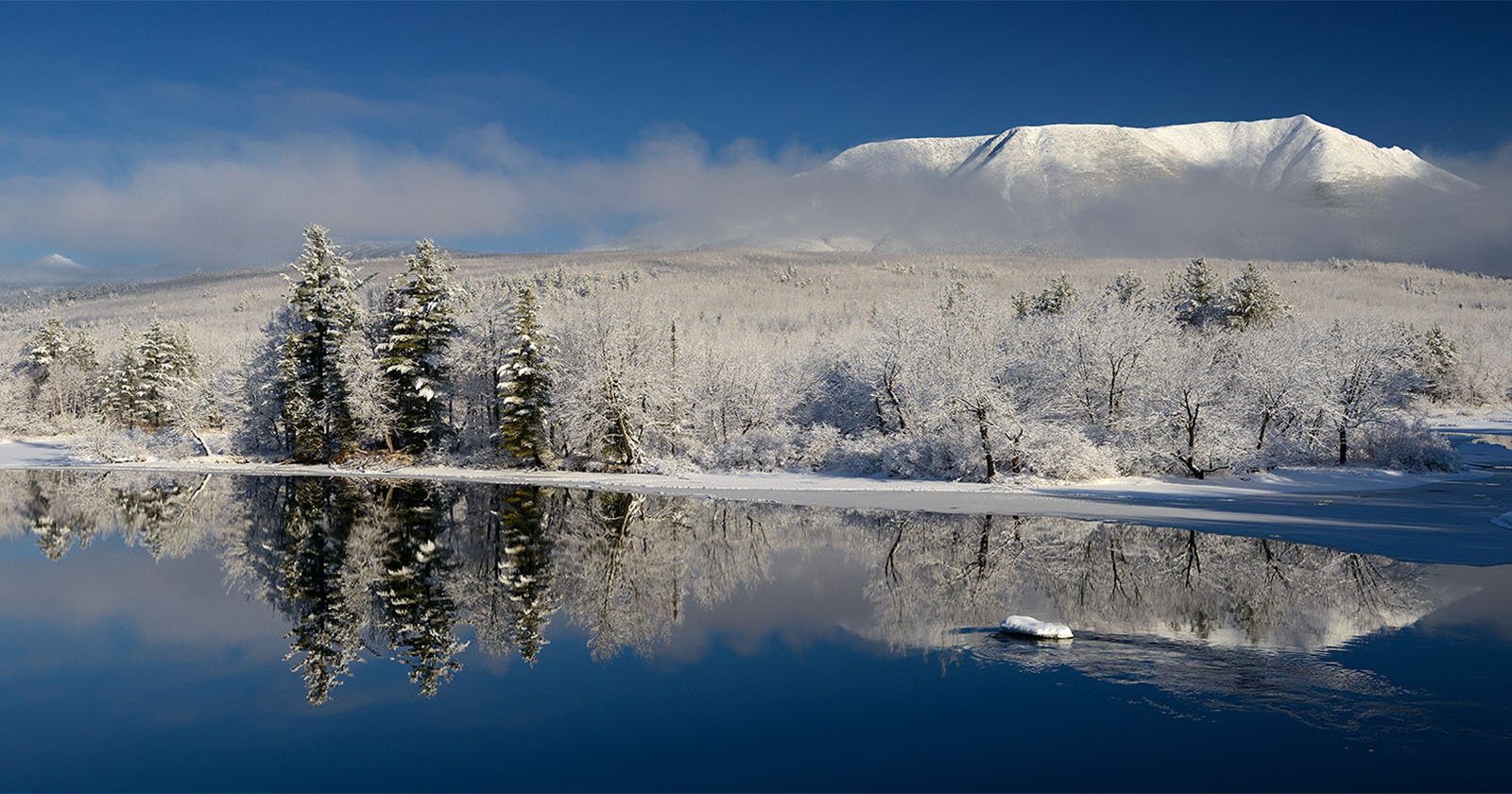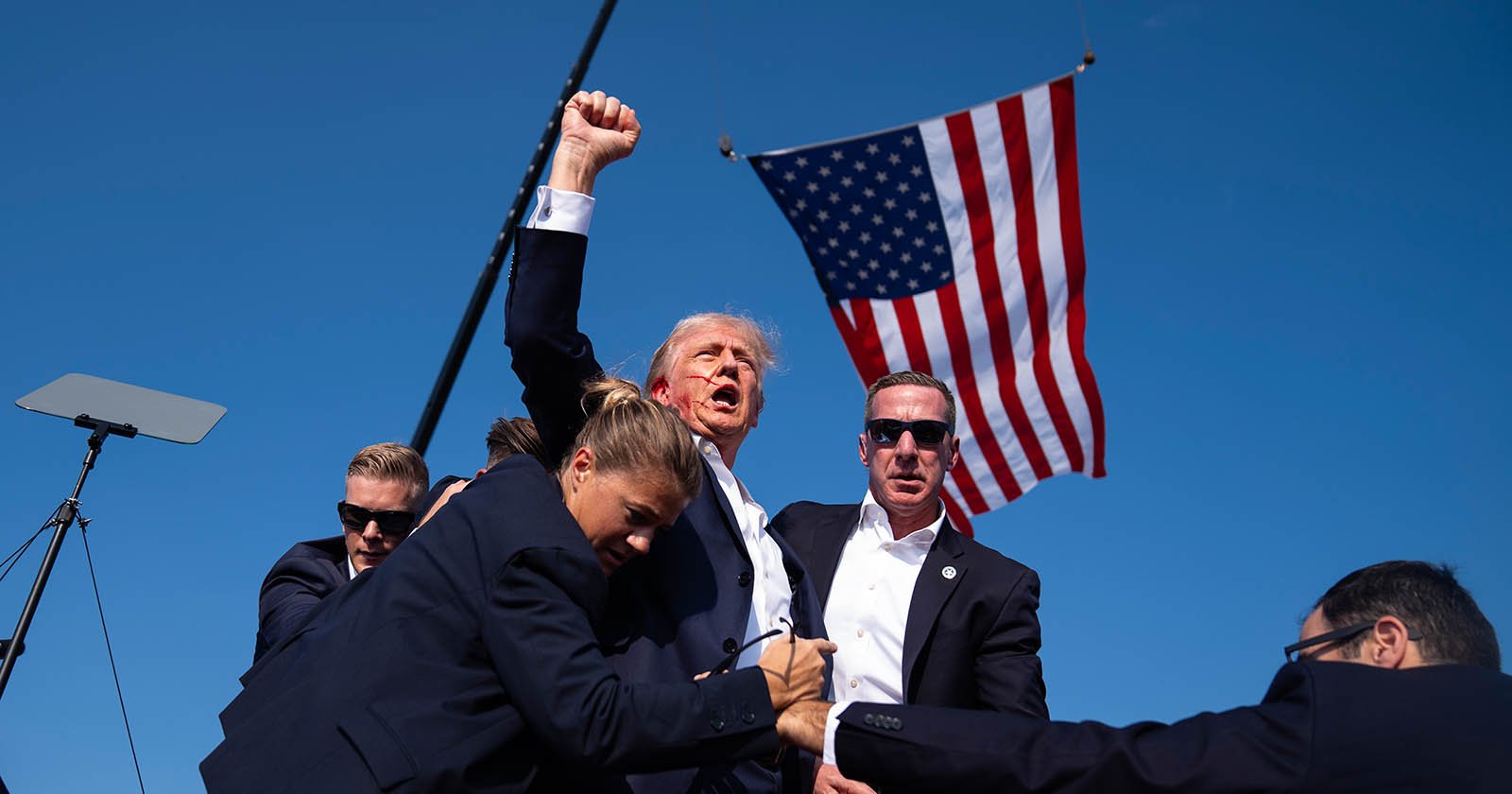
[ad_1]
Next to portraiture, landscape photography is among the oldest genres. It has gone through evolutions, and thanks to pioneers like Ansel Adams, landscape photography even helped bring photography into the larger art discussion. But after more than a century of influence and brilliance, has landscape photography lost its way? Landscape photography has always been my preferred genre. It’s what got me interested in the art in the first place and has held my rapt attention since I picked up my first camera. At no point in the last nearly 20 years have I ever thought that there was something rotten in landscape photography. But some people do. ‘Landscape Photography Is Now Ridiculously Over Processed’ “I’m beginning to believe that — professionally speaking — landscape photography is now ridiculously over processed,” writes Reddit user Curious_Working5706 on r/photography, an online photography community with a staggering 5.4 million members. “I started noting this a few years ago mostly in forums, which is fine, hobbyists tend to go nuts when they discover post processing but eventually people learn to dial it back (or so it seemed),” the user continues in their post.
“Now it seems that everywhere I see some form of (commercial) landscape photography, whether on an ad or magazine or heck, even those stock wallpapers that come built into Windows, they have (unnaturally) saturated colors and blown out shadows.” The post concludes by asking Reddit’s favorite question and reliable gateway toward an echo chamber: “Does anyone else agree?” I’m not here to pick on the question or the person who asked it, but I must admit that I was instantly irritated by the post. I love landscape photography so much that when someone writes a post titled “Landscape Photography Has Really Gone Off the Deep End,” I take it personally and get defensive. But hold on, I thought, maybe I don’t need to get up in arms because other people will downvote this post, and the discussion will fizzle without much heartache. Wrong. The post got traction, not because of lively debate but because many people agreed for numerous reasons.
Counterpoint There were some staunch defenders of modern landscape photography in the mix, of course, including some thoughtful replies with links to some thoroughly incredible photographers, like Paul Zizka, Elizabeth Gadd, and Dave Brosha, as pointed out by user mrredguy11, who must be Canadian given the three photographers mentioned. I want to add some of my favorite landscape photographers into the mix, like Adam Gibbs, Kai Hornung, Ben Horne, and Sandra Bartocha, just to name a few. These photographers certainly do not fall victim to the purported crime of oversaturation. Their work is subtle yet powerful in all my favorite ways. One example cited as “what’s wrong with landscape photography” is photographer Marc Adamus. While I can appreciate that his aesthetic is not to everyone’s taste, any implication that Adamus’ work represents landscape photography’s proverbial jumping of the shark is absurd. His work is spectacular, even if people don’t like his style. What I Like Is Not the Same as What Is Good And that gets at the heart of what irked me the most — the conflation of what I like with what is valid and worthwhile landscape photography. The idea that “I don’t like this” means that it is somehow “off the deep end” is obscene.
There are plenty of remarkably talented and successful photographers whose work I don’t like. It’s not that I’m an especially talented or successful photographer — I’m not — but there are plenty of people who dislike what I do and how I do it. That’s perfectly fine. If I or any other visual artist focused solely on making something as universally liked as possible, the world would be dreadfully dull. Photo by Jaron Schneider The problem is when someone’s idea of what’s good morphs into a more significant idea of what is correct. That might not have been the intent of the original Reddit post. I think the person genuinely feels as though they have noticed that more landscape images are “over saturated” these days than they used to be and that this is bad. Photo by Jaron Schneider Is Something Changing in Photography At Large? I think my thoughts on the latter idea have been made clear enough by now, but what about the first notion that something has changed within landscape photography?
There may be something to this idea. The displays on which people view photography, any photography, are generally brighter and more vivid than they were 10 to 20 years ago. The way smartphones and computers display colors has changed; most people don’t bother calibrating their monitors. Straight out of the box, many screens these days are garishly bright and colorful. This is part of why things may seem brighter and more saturated than ever. There has also been a general shift in how people consume photography, which has had a noticeable, albeit mostly overblown, impact on how photos are created and shared. In a world where someone can scroll through hundreds of images in minutes, a person who wants attention can no longer ask for it. They must loudly demand it. Colors, contrast, sharpness — anything dynamic and loud — will help. There are instances of excessively “loud” photography out there. Lord knows I’ve been guilty of it myself. It Is Easy to See Evidence For What You Already Believe However, there isn’t an epidemic. People are more likely to see what they already believe exists. If you hold onto the idea that modern landscape photography is all “over-processed” junk, you risk seeing only what you think is there and deluding yourself into unfounded conclusions. The Reddit post’s comment section is generally an exercise in crankiness, a virtual “get off my lawn” moment, and it just exhausts me. I desperately wish photographers would lift each other with the same enthusiasm as they take each other down.
Photo by William Brawley and Jaron Schneider In National Geographic‘s new television series, Photographer, pro photographer Paul Nicklen tearfully recalled a moment when people wanted him to essentially put his partner and exceptional photographer, Cristina Mittermeier, “in her place.” Nicklen likened photographers to a pack of hungry wolves. He’s not wrong. The Best Way to Do Landscape Photography Is to Do it Your Way Ultimately, if someone is trend-chasing, whether their assessment of current trends is accurate, they’re destined to be unhappy and dissatisfied with their photography and the medium. If you aren’t doing what you like, then what the hell are you doing? So no, landscape photography hasn’t “gone off the deep end,” and if the idea that it has is preventing you from creating work you’re proud of, then pick up your camera and go fight the good fight. I’m not keen to watch photographers disparage landscape photography because they don’t like how some people express themselves and create art. How different — and worse — the world of photography would be if everyone did everything the same way as everyone else. One person’s “too much” is someone else’s “not enough,” and I’m here for it.
Image credits: The included photos are mine unless otherwise noted.
[ad_2]






